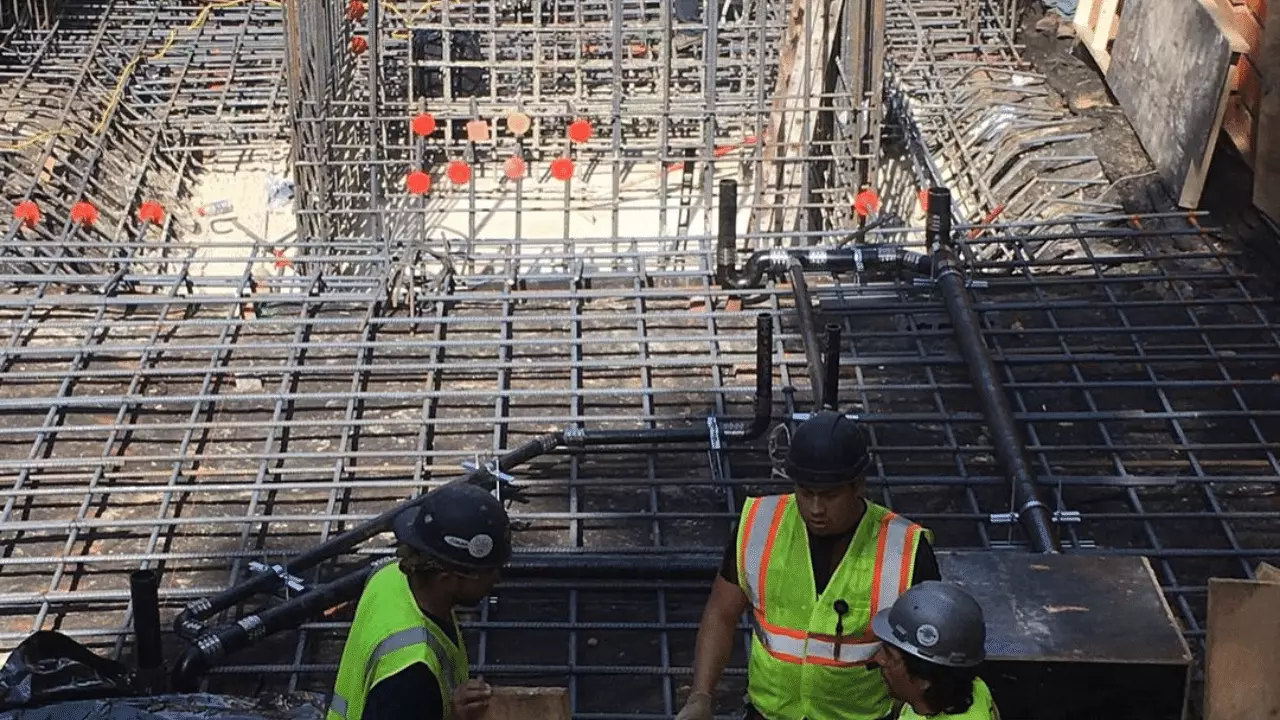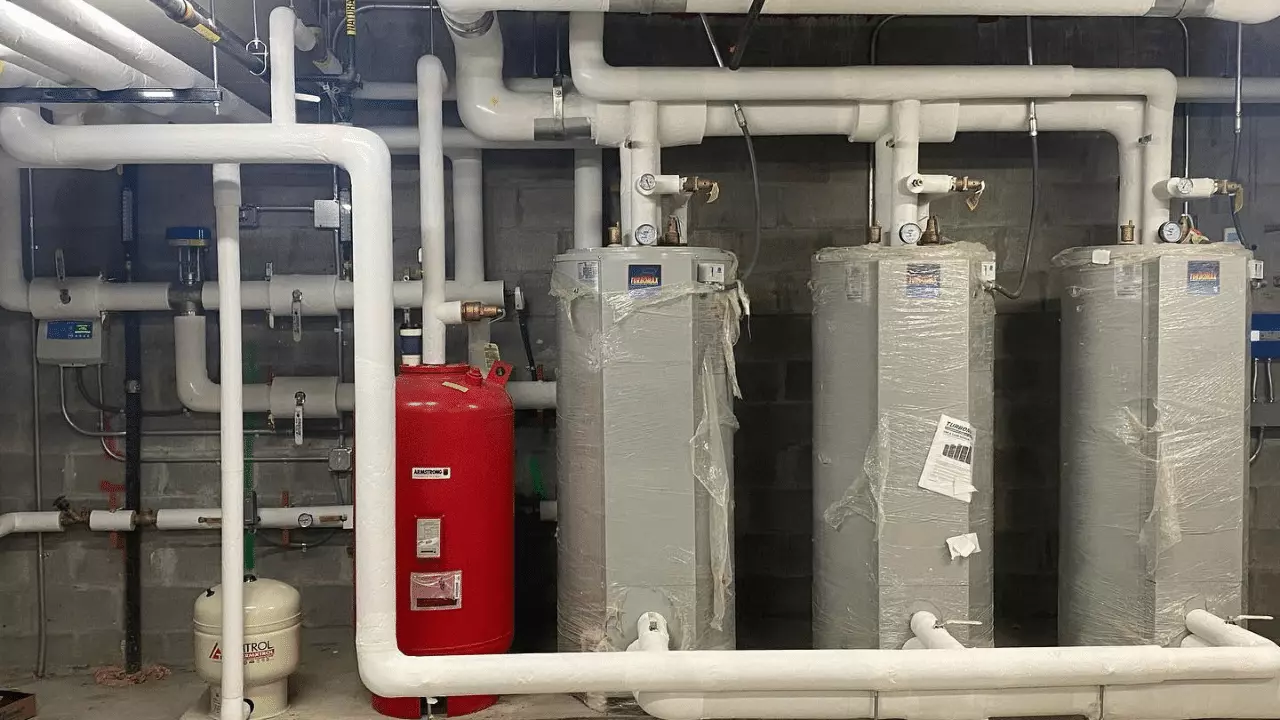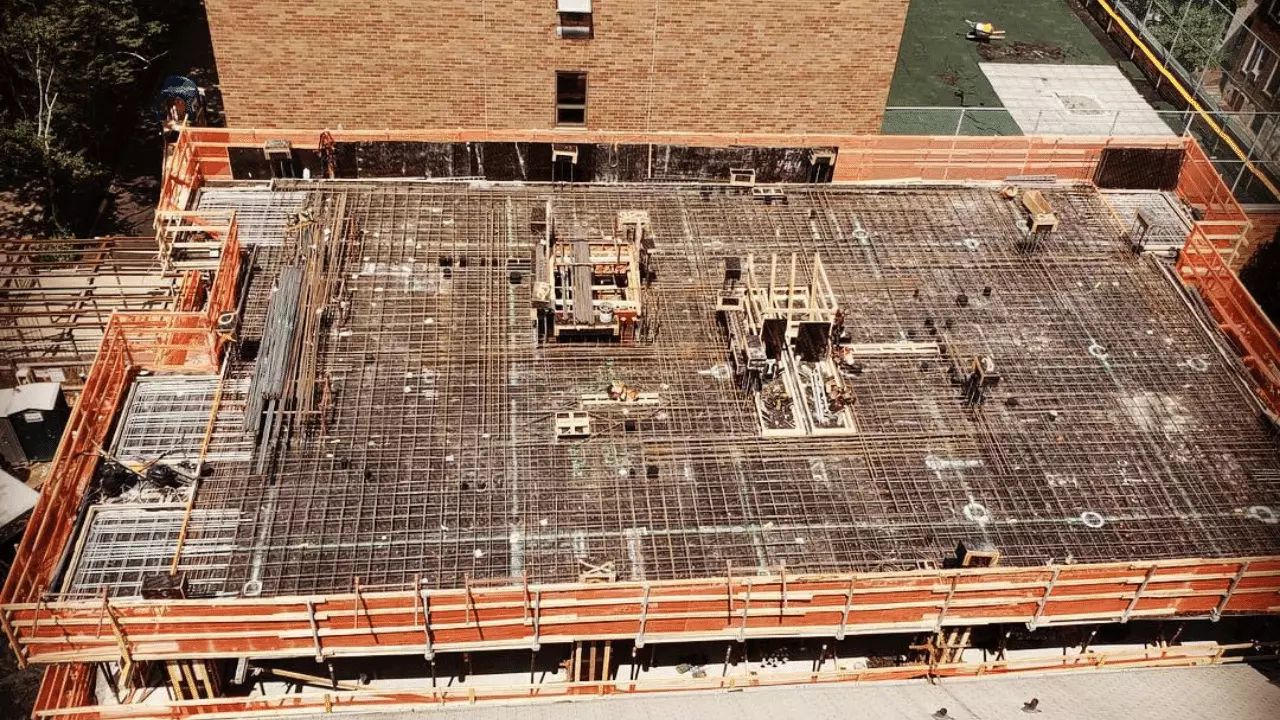Picture this: You're a developer staring at a budget that's bleeding red, wondering how your once-profitable project turned into a money pit. Sound familiar? You're not alone. The construction world has turned upside down, and the old playbook is as useful as a rubber hammer. However, there's a powerful strategy that savvy builders are using - value engineering. It's not just smart; it's the difference between thriving and diving in today's shark-infested market.
I. Value-Engineering 101
I. Value-Engineering 101
Think of VE as choosing a reliable Toyota over a flashy Porsche. It's not about using inferior materials or cutting corners; it's about designing efficient systems that use resources wisely.
This means:
- Streamlining pipe layouts to use less material without compromising performance
- Selecting equipment that does the job well without unnecessary frills
3. Optimizing the system layout to minimize equipment while maintaining performance
The goal? A plumbing system that performs like a champ but doesn't break the bank. It's about getting maximum value from every dollar spent, ensuring reliability without overpaying for bells and whistles you don't need.
II. The Current Economic Landscape
II. The Current Economic Landscape
Let's face it - the construction industry is navigating choppy waters. Material costs are doing their best impression of a rocket launch, skilled labor is scarce, and economic uncertainty is the uninvited guest at every project meeting.
For plumbing projects, this perfect storm means tighter budgets, shorter timelines, and the constant pressure to do more with less. It's like trying to build a luxury yacht with the budget of a rowboat.
But here's the thing - in this sink-or-swim market, cost-effective solutions aren't just nice to have. They're your life jacket. And that's where value engineering comes in, offering a way to stay afloat without compromising on quality.
III. Benefits of Value Engineering for Key Stakeholders
For Developers:
III. Benefits of Value Engineering for Key Stakeholders
For Developers:
Imagine shaving thousands off your project costs without sacrificing an ounce of quality. That's the magic of value engineering. It's like finding a way to have your cake and eat it too. You get top-notch plumbing systems that won't spring a leak in your budget. Plus, with reduced operational costs down the line, your ROI gets a serious boost. It's the gift that keeps on giving.
For General Contractors:
In a world where every penny counts, value engineering is your secret weapon. It's like having a crystal ball for your budget, helping you manage costs with laser precision. And when it comes to bidding? You'll be able to submit bids that make you the belle of the ball, all while maintaining your margins.
For Estimators:
Value engineering turns you into a cost-projecting superhero. You can spot savings opportunities faster than a speeding bullet and offer prices that make clients' eyes light up.
For Potential Employees:
Looking to be on the cutting edge of the plumbing industry? Value engineering is your ticket to ride. You'll be exposed to innovative techniques that'll make your skills more valuable than gold. Plus, you get to flex your creative muscles, coming up with solutions that make everyone look good.
IV. Implementing Value Engineering in Plumbing Projects
- Get in Early: Don't wait for the concrete to start pouring. Get your plumbing experts involved in the design phase. It's like having a GPS for your project - you'll avoid costly wrong turns before they happen.
- Material Matters: Think outside the pipe. Sometimes, alternative materials can offer the same (or better) performance at a fraction of the cost. It's about finding the right tool for the job, not just the most expensive one.
- Design Smarter, Not Harder: Efficiency is king. Look for ways to streamline your plumbing system. Can you reduce pipe runs? Optimize fixture placement? It's like solving a puzzle where every correct move saves you money.
- Tech it Up: Don't shy away from technology. Smart systems might cost more upfront, but they're the gift that keeps on giving. Think leak detection and water monitoring systems that can save thousands in potential water damage.
V. Case Study: Value Engineering in Action
Let's talk real numbers. We recently tackled a 17-story multi-use project in downtown Manhattan. The original plumbing design was solid but traditional. By applying value engineering principles, we:
- Redesigned the layout to reduce total piping length by 10%, cutting both material and labor costs.
· Recommended 3 alternative model pumps that met the building's specifications but cost 20% less than the original schedule pumps.
· Coordinated closely with the engineer and client to select a more cost-effective hot water heater that met the required gallons per hour, ensuring both performance and budget objectives were satisfied.
The result? We trimmed $250,000 off the original budget without compromising on quality. The developer was so impressed, they've made value engineering a standard requirement for all future projects.
VI. Conclusion
VI. Conclusion
In today's cutthroat construction market, value engineering in plumbing isn't just a nice-to-have - it's your secret weapon for staying ahead of the pack. It's about being smarter, more efficient, and more innovative in every aspect of your plumbing projects.
The question is this: are you ready to turn the tide on rising costs and shrinking margins? It's time to embrace value engineering. Your projects (and your bottom line) will thank you.







